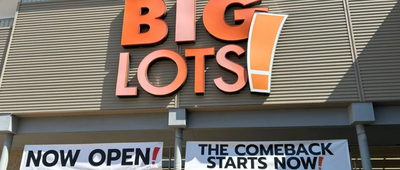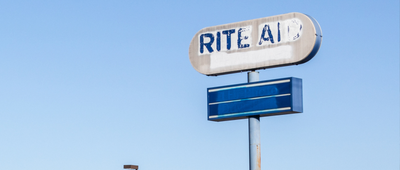Not Ready for Prime Time
Most companies want nothing more than to drum up demand. Special promotions and flashy launches are one way to create buzz, even if the product ends up flopping. Other times, these products need no special marketing, selling like crazy on their own, or in some cases, falling far behind expectations. Either way, it's a dream — until high demand or low sales backfire — leaving throngs of disgruntled customers as companies jack up prices in hopes of remaining profitable. From Cabbage Patch Dolls to movie tickets many companies have overpromised and underdelivered, including a maker of fitness equipment that just reported a substantial quarterly and annual loss.
Related: Companies' Worst PR Fails


































